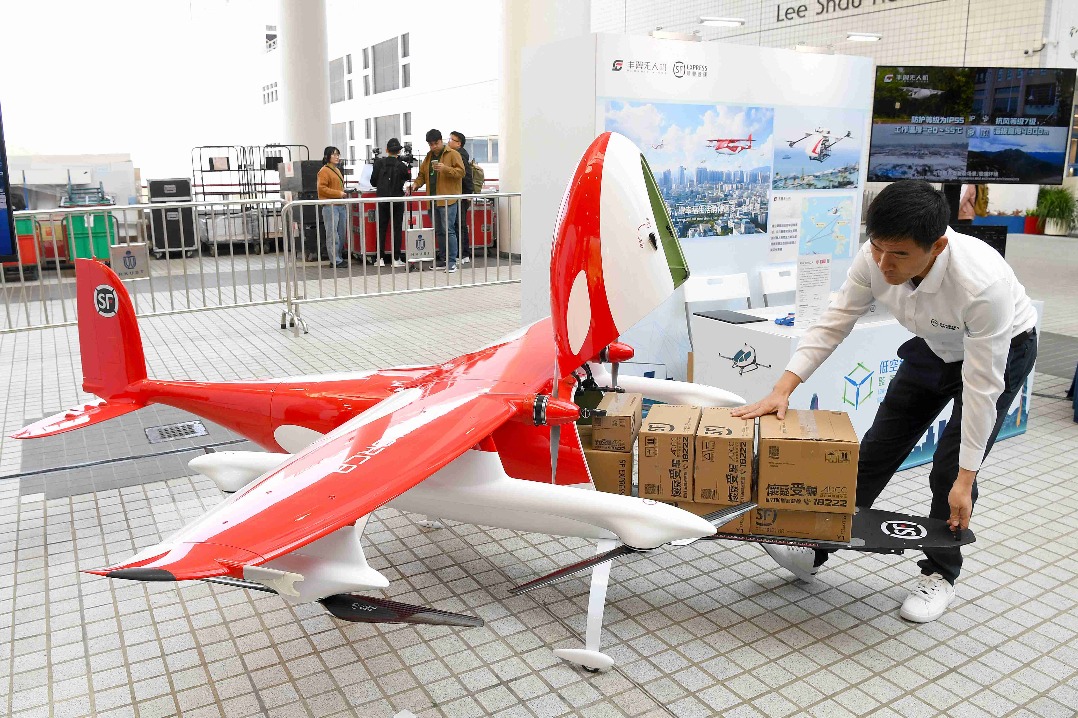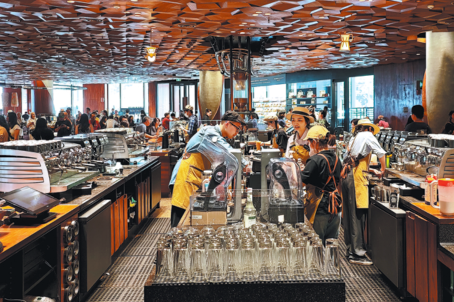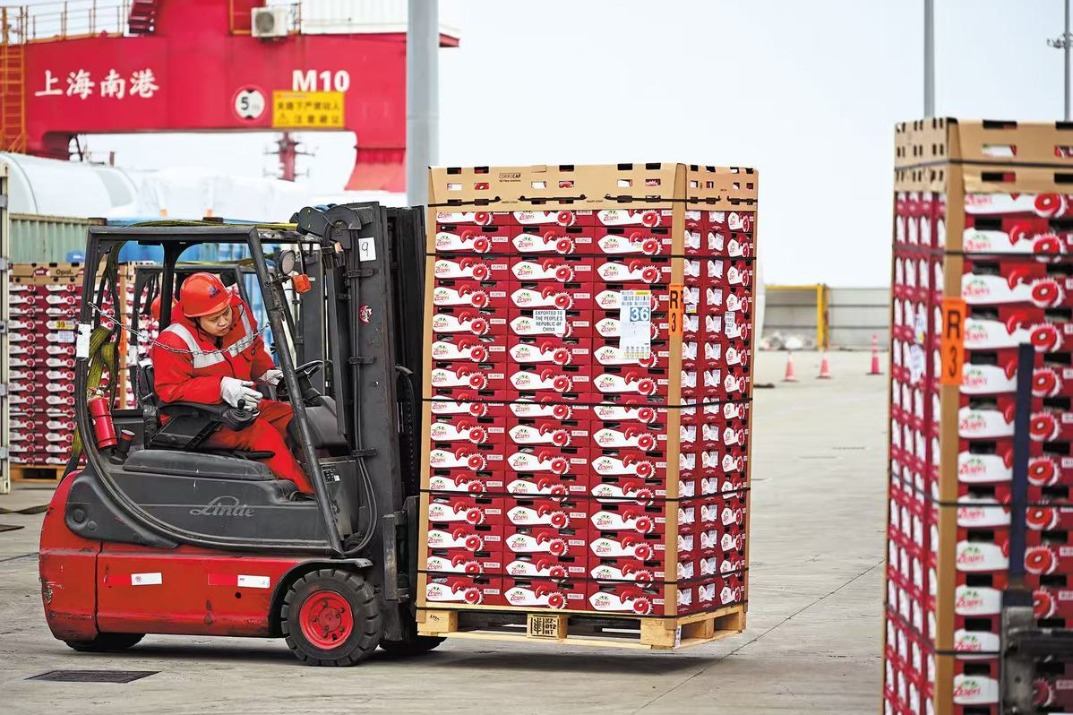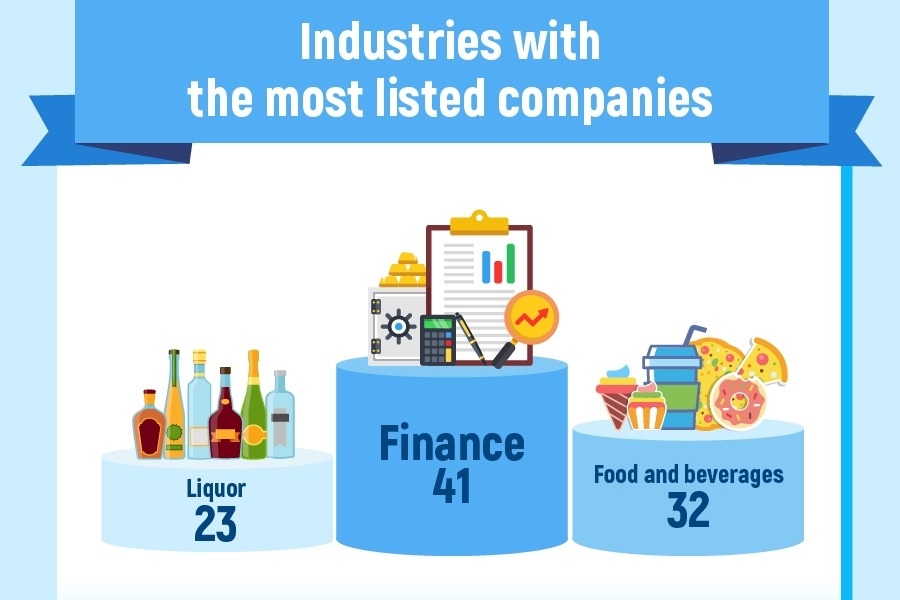Container shortage weighs on China shippers

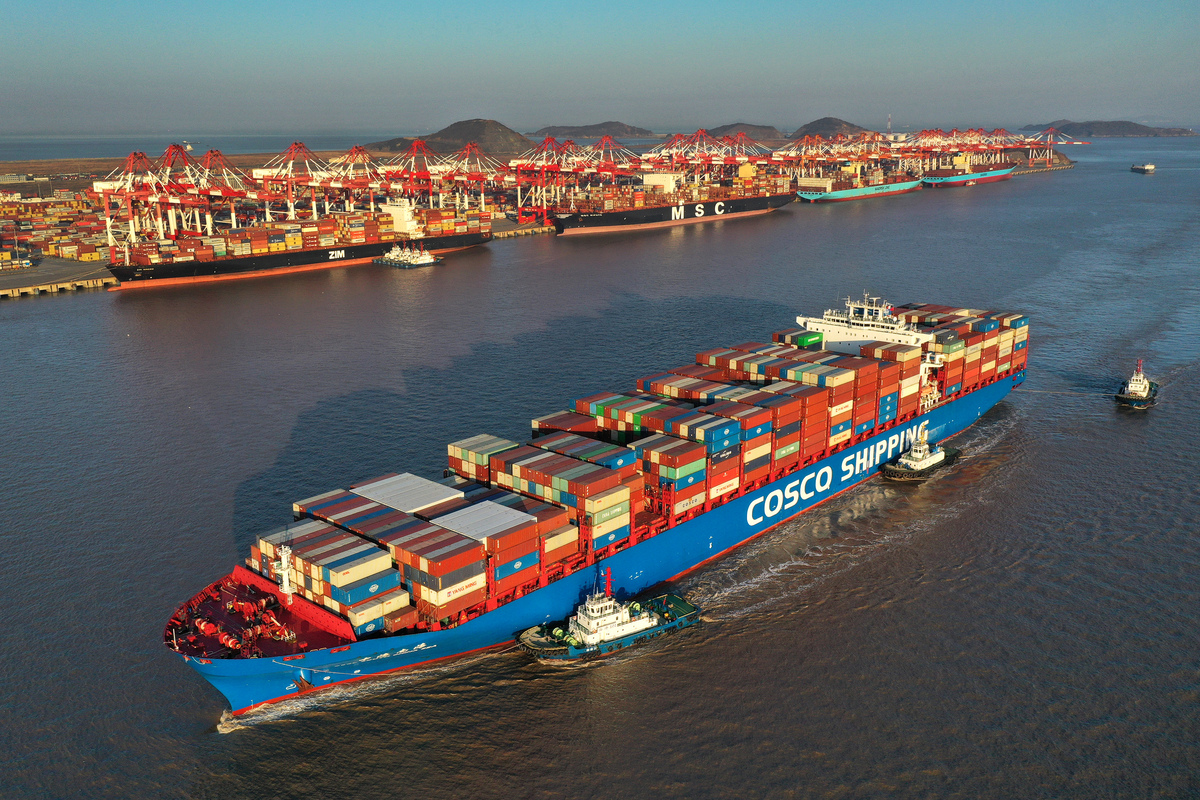
Products targeted for exports piling up on wharves as raw material costs increase rapidly due to contagion constraints
Surging overseas orders for Chinese goods are creating rising pressure on ports and shipping companies, and related parties are working together to break the deadlock.
PowerRide, a British customer of Easy-try Cycles (Tianjin) Co Ltd, is facing fast-rising freight rates from China.
"Shipping costs of a 40-foot-container from Tianjin to the United Kingdom soared from $3,000 to $14,000 during the few weeks before Chinese New Year, and the company ended up paying $10,000 per unit for shipping the bikes they purchased," said Li Qing, president of Easy-try Cycles.
"The FOB(free on board) contract we signed did protect us from paying the escalating logistics costs, but we were equally hurt by the stockpiles of products and follow-up capital flow stress," Li said.
Due to rising logistics costs, clients are sometimes delaying shipments to wait for rate reductions. As a result, export-oriented companies like Easy-try Cycles are experiencing inventory stockpiles.
The Ministry of Commerce said China's 2020 exports grew 4 percent year-on-year to reach 17.93 trillion yuan ($2.73 trillion).
However, Chinese exporters, who were buoyed by skyrocketing orders in the second half after a long slump due to the pandemic, found themselves trapped amid a critical shortage of shipping containers.
The container shortage began in the second half, and became extremely acute at the beginning of 2021, said Zhou Dequan, director of the Shanghai International Shipping Institute's domestic shipping research office.
Although containers continued to move from Asia to Europe and North America, few were crossing the seas in the opposite direction due to COVID-19 restrictions as well as labor shortages at European and North American ports, warehouses and inland logistics facilities.
Currently, there is an imbalance in North America-only four containers were sent back for every 10 arriving, according to a CGTN report.
The asymmetrical ebb and flow of containers finally led to a reduction in containers needed for bulk goods transport, resulting in soaring freight costs for exporters, Zhou said.
Figures from the Shanghai International Shipping Institute showed that shipping rates began to rise in the second half. Shipping costs from China rose rapidly, and reached a 12-year high by the end of December.
The gap between demand and transport capacity resulted in a large amount of goods awaiting export being piled up on Chinese wharves.
In Easy-try Cycles' case, the company planned to ship 90,000 units of bikes delivered to one of their US clients-Walmart-by the end of May, but only around 2,000 were shipped as of mid-March, Li said.
Shipping companies are working hard to increase their capacity by placing new container orders and bringing empty containers on their return journeys to China, Zhou said.
A COSCO Shipping vessel recently brought 17,000 containers back to Shanghai from Europe, 5,000 of them being empty. COSCO Shipping tried its best to increase the amount of empty containers on its voyage back home, CCTV reported, citing Zhang Ning, deputy general manager with COSCO Shipping's container transport subsidiary.
"Throughout the second half of 2020, COSCO Shipping added 40 vessels, or up to 200,000 TEUs (twenty-foot equivalent units) in capacity," Ge Heyue, general manager of American trade with COSCO Shipping's container shipping unit, was quoted as saying by Shanghai Oriental Television.
Likewise, Shanghai International Port Group has quickly adapted itself to the new situation, and successfully transformed the traditional slow season after Chinese New Year into one of the busiest periods of the year at its terminals.
SIPG has been ranked as the world's busiest container port in terms of container throughput for 11 consecutive years. Despite the pandemic, in 2020 it handled 43.5 million TEUs of containers. Furthermore, the group bucked the trend by recording the best February by throughput at 3.4 million TEUs.
By setting aside space for stacking empty containers, the port of Shanghai is striving to empty sufficient bulk bins for goods exports. Currently, as many as 330,000 empty TEUs were available at the group's terminals.
In the meantime, favorable rates were offered to shipping enterprises at home and abroad to encourage the return of empty containers.
Additional shipping routes were added to the Yangtze River Delta region to meet the area's transport demand. The group also prepared sufficient backup plans for transportation peaks.
Thanks to collective efforts by shipping companies, ports and logistics operators, the container shortage has since eased a bit.
The number of empty containers returned to SIPG's terminals increased 18.9 percent in January compared to the previous month.
"Freight rates to the EU and US fell by about 10 percent after Spring Festival, but the rate remained at a high level," said Zhou Shihao, founder and CEO of YQNLink, a Shanghai-based global intelligent logistics platform.
In addition to the container shortage, export related enterprises are also suffering from rising raw material costs, which squeeze manufacturers' profits.
"Throughout 2020, our order volume grew more than four times, but the amount shipped only rose less than three times," Li said.
Although the fixes employed by Chinese shippers have so far helped alleviate the container shortage for international transport, industry experts agreed that the existing problems will be finally solved for good once COVID-19 is vanquished.
"The problem is expected to gradually ease in the first half, and we expect a clear improvement in the second half," said YQNLink's Zhou.
Li was a bit more cautious, declaring that the global trade balance will recover slowly and conditions won't return to normal until mid-2022.
An empty container distribution center will be established by SIPG, whose role is to flexibly deploy resources and relieve the container shortage pressure on neighboring ports.
"We are going to develop the port of Shanghai into a regional empty container transit hub in Northeast Asia," said Zhou Yong, a management assistant with SIPG.




















